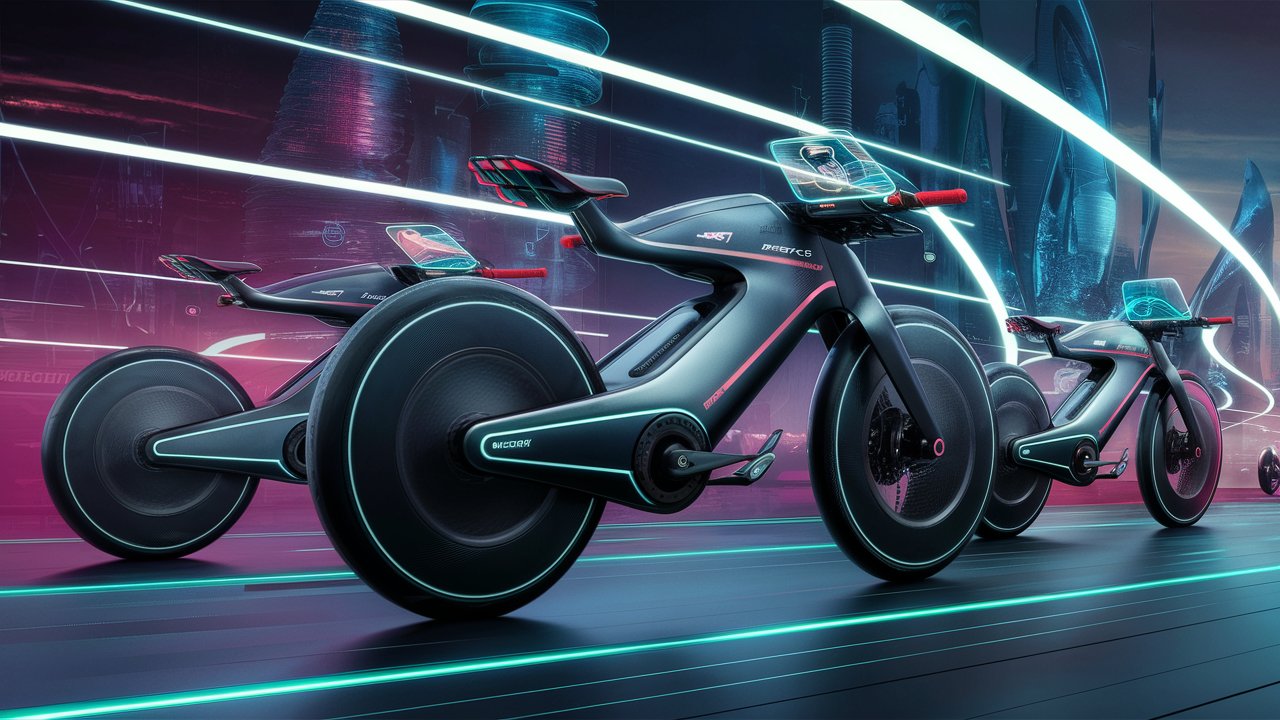Electric Scooters Gaining Popularity Across Adelaide
| Key Takeaways | |
|---|---|
| E-scooters provide inexpensive, eco-friendly transportation | |
| Adelaide offers ideal terrain for scooter commuting | |
| New regulations allow riding on streets and bike lanes | |
| Safety remains a concern with injuries on the rise | |
| Infrastructure expansions cater to scooter riders | |
| Future adoption expected to keep growing steadily |
Introduction
Electric kick scooters emerged recently across Adelaide’s neighborhoods and suburbs offering residents nimble alternatives navigating congested urban roads. Their inexpensive operating costs, compact storage and eco-conscious designs explain surging local popularity. This piece examines Adelaide’s ideal environment accommodating electric scooters for daily transportation plus recent infrastructure catering to safely meet future adoption demands.
Affordable and Sustainable Local Transportation
Lower Financial Barriers
Unlike buying cars, electric scooters carry relatively low price points between $300 to $1000 making personal ownership achievable for Adelaide residents of all income levels. Continual technological advances also increase range and longevity.
Minimal Environmental Impact
E-scooters run solely on electricity thereby eliminating tailpipe emissions plaguing Adelaide air quality from traditional petrol vehicles. Charging batteries from South Australia’s heavy renewable energy grid further minimizes environmental footprints.
Adelaide’s Flat Terrain Enables Scooting
Less Physical Exertion
Adelaide’s relatively flat topography allows riders to traverse substantial distances without exhausting uphill climbs faced frequently in other major cities. Less strain makes adopting electric scooters more appealing locally.
Higher Speeds Maintained
Minimal elevation changes found in Adelaide’s spatial layout also enables maintaining higher average speeds more easily throughout entire trips. Avoiding intense inclines or declines allows riding at consistent velocities conveniently.
Regulation Changes Embrace Scooter Adoption
Legalizing Street Usage
Recently updated South Australia laws governing electric scooters permit safe riding within bike lanes on public roads where speed limits fall at or below 50 km/h. This legislation change opened far larger areas to legal electric scooter access.
Helmet Requirements
Aligned with nationwide standards, Adelaide mandates that all electric scooter drivers and passengers must wear certified bike helmets for crash protection while riding. Helmets remain optional over age 17 riding bicycles though.
Improvements and Investments Underway
Expanded Infrastructure
The city recently began upgrading existing bike lanes specifically to accommodate electric scooters safely separated from heavier vehicle traffic as adoption volumes rise. Hundreds of thousands get allocated annually improving scooter infrastructure.
Enhanced Maintenance
Adelaide also partners using public funds to expand charging stations catering to electric scooter batteries located prominently near transit hubs and in popular parking structures. This support keeps adoption practical as riders migrate fully to e-scooters ditching secondary transport modes.
Increasing Future Adoption Expected
Tourism Industry Implications
Local Adelaide tourism operators actively promote electric scooter rental packages to visitors highlighting sightseeing, food tours, wineries and beach excursions. Catering to travelers spurs local residential visibility and reciprocally accelerates adoption too.
Parallel Public Transit Growth
Experts forecast electric scooters reducing single occupancy petrol cars across Adelaide’s streets, thereby lowering traffic congestion substantially if supplementation by public transit options continues correspondingly. Scooters solve the first/last mile dilemma magnifying transit reliability.
In summary, Adelaide’s flat roads, expanding infrastructure and favorable regulatory changes give electric scooters ideal conditions to proliferate as affordable eco-friendly transportation locally both now and even more definitively long term.
